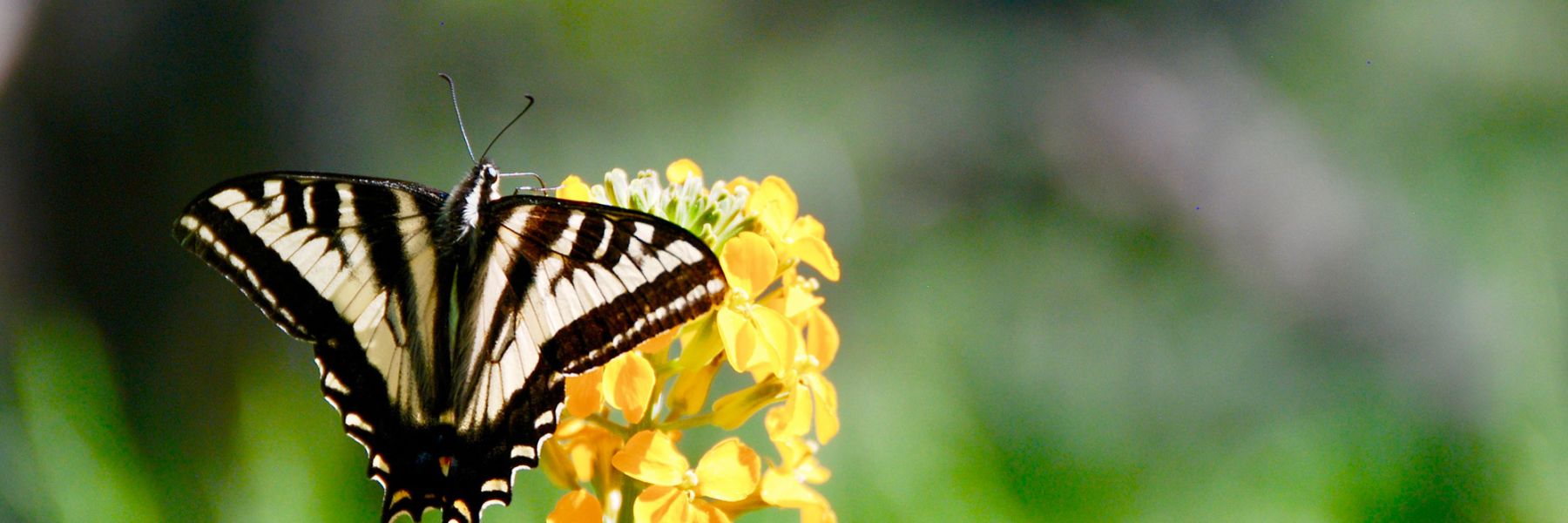Both EEMB and MCDB provide numerous opportunities for students to participate in laboratory and field research. Biology majors with an upper division biology GPA of 3.0 (at least two UD biology courses completed) can earn academic credit toward their major in independent research (EEMB/MCDB 199) and may apply for a variety of research fellowships offered through the university. The Biology Honors Program offers an excellent conduit for these research opportunities; positions are competitive and those students who are well-prepared in their coursework and who are highly motivated generally begin working in faculty laboratories by the junior year. Many students present their work at regional and national scientific meetings, and many undergraduates also have published their research in top scientific journals. Research experience is strongly encouraged for students contemplating graduate school and a research career. Interested students should contact faculty whose research interests them directly.
Internships
Internships provide students with the opportunity to learn specific skills and are often taken off campus with the support of a faculty sponsor. Internships include such activities as assisting at veterinary or medical clinics, museums, biotech companies, zoos, biology out reach programs etc. Many opportunities are also available on campus. Students participating in internships (EEMB/ MCDB 184) must have a GPA of at least 2.5. Normally 1 unit is given for each 50 hours committed to the internship over a quarter.
Students may apply to receive credit for research and intern projects. A form must be picked up, filled out and submitted to the Biology Academic Advising Office at the beginning of the quarter in order to register for research or internship credit.
EEMB Opportunities
Students wanting to participate in research are encouraged to contact faculty and graduate students working in areas that interest them. Students can assist with restoration ecology and protection of threatened species, gain experience in the Museum of Ecology and Systematics, or work with faculty in many of the UC Natural Reserves, the Santa Barbara Long Term Ecological Research Program, or the many UCSB marine projects along the California coast and at the Channel Islands. Particularly well qualified undergraduates may be selected to assist in field research outside of California including such sites as Baja California and French Polynesia. EEMB offers a special summer research program, the Worster Summer Fellowship Program, which pairs undergraduates with graduate student mentors in the summer between their junior and senior years.
Internship opportunities are broad and varied. On campus opportunities include such activities as serving as a docent at the Marine Science Institute outreach center, working on native plant restoration through the Center for Biodiversity and Ecosystems Management, or assisting with K-12 outreach activities. Off campus internships at the Santa Barbara Sea Center, the Santa Barbara museum of Natural History, the Santa Barbara Zoo, and the Marine Mammal Center are sought after by EEMB majors. In addition to EEMB 197, 198 & 199 and EEMB 184 students may also participate in EEMB 185, Field work in Oceanography, which provides research or internship credit for participating in oceanographic research cruises, including cruises to exotic places such as Antarctica or Hawaii.
MCDB Opportunities
MCDB offers a wide range of research opportunities for undergraduates. Nearly all of the faculty research labs within the department sponsor undergraduate researchers each year. Students are an integral part of the research group and have extensive interaction with faculty, graduate students, postdoctoral fellows and professional researchers. This "hands-on" experience gives undergraduates the opportunity to explore career options and to learn the technical, writing and speaking skills necessary for a career in research, teaching, medical and veterinary science. The variety of research conducted in MCDB laboratories is extensive. Microbiology, genetics, virology and immunology as well as plant and animal molecular biology, developmental biology, neurobiology, biochemistry, molecular marine biology and cell biology are all represented, among others. The MCDB faculty at UC Santa Barbara are nationally and internationally recognized and offer undergraduates the opportunity to learn "cutting edge" biology in the classroom as well as the laboratory.
Research Opportunities
How to get into Research as an Undergrad
-
Resource: Slides with instructions and guidelines
-
Step-by-step: How to apply to a research lab at UCSB
Student Research Credit Application/Form
Other Opportunities
For additional research opportunities please refer to the undergraduate listserv archive.
For other research opportunities please refer to the Faculty Research Assistance Program (FRAP)
